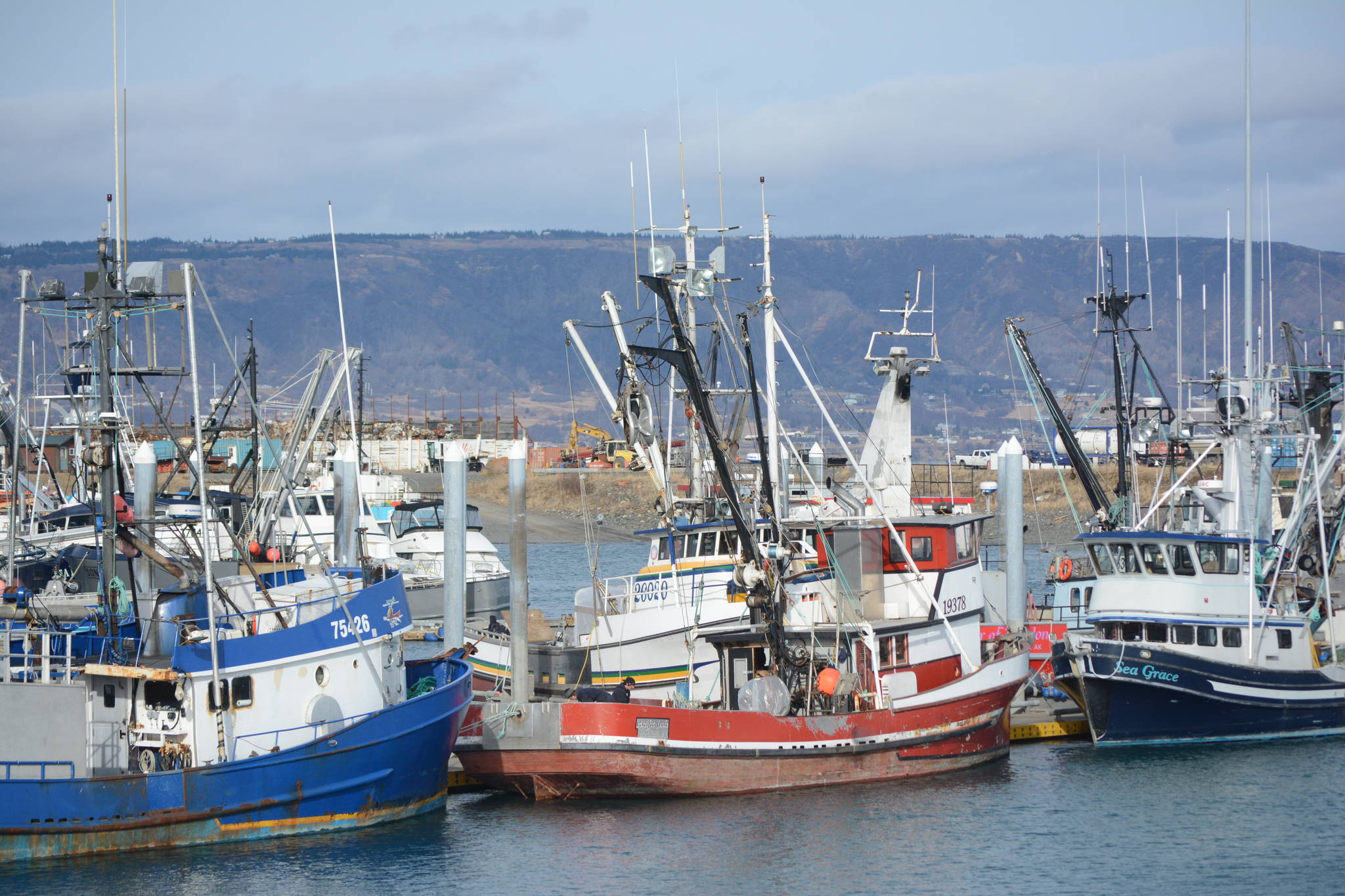The North Pacific Fisheries Management Council is moving toward an initial review analysis to establish an abundance-based halibut prohibited species catch management program in the Bering Sea and Aleutian Islands for the Amendment 80 sector of the groundfish fleet, according to Fishermen’s News.
The Amendment 80 fisheries plan allocates trawl species in the Bering Sea and Aleutian Islands among different trawl sectors.
The particular area of concern is area 4CDE, including the Pribilof Islands.
The council, meeting virtually Sept. 28-Oct. 14 because of the COVID-19 pandemic, noted that the Amendment 80 sector of the groundfish fleet is accountable for the majority of the annual halibut prohibited species catch mortality in the Bering Sea/Aleutian Island groundfish fisheries. While the fleet has reduced halibut mortality in recent years, continued decline in the halibut stock requires consideration of additional measures for management of halibut prohibited species catch in the Amendment 80 fisheries, the council said.
During its meeting, the council considered testimony from 128 people, the majority of whom urged tying bycatch caps to halibut abundance.
The council then revised its purpose and need statement and alternatives for that initial review analysis with the intent of developing a program that meets requirements of the Magnuson-Stevens Act, particularly to minimize halibut prohibited species catch to the extent practicable under national standards for bycatch and optimum yield.
Sitka harvester Jeff Farvour testified that the impact of the excessive bycatch not only directly affected those fishing for halibut in the Bering Sea and halibut dependent communities, but indirectly impacts others downstream in the Gulf of Alaska and beyond. He urged action to link halibut prohibited species catch caps to abundance.
Others said the status quo prohibited species catch cap is no longer conscionable, in light of reduced halibut abundance.
Amos Philemonoff of St. Paul testified that the amount of halibut bycatch in the Bering Sea is unacceptable and that bycatch caps must be reduced and tied to halibut abundance. Another St. Paul resident, Michael Baldwin said that a significant amount of halibut related jobs in his community have been lost in large part because of the halibut bycatch in area 4CDE.
The program being considered would link the groundfish sector’s Amendment 80 fleet’s prohibited species catch limit to halibut abundance and provide incentives for the fleet to minimize halibut mortality at all times. The council said this action could also promote conservation of the halibut stock and may provide additional opportunities for the directed halibut fishery.
Cristy Fry can be reached at realist468@gmail.com



